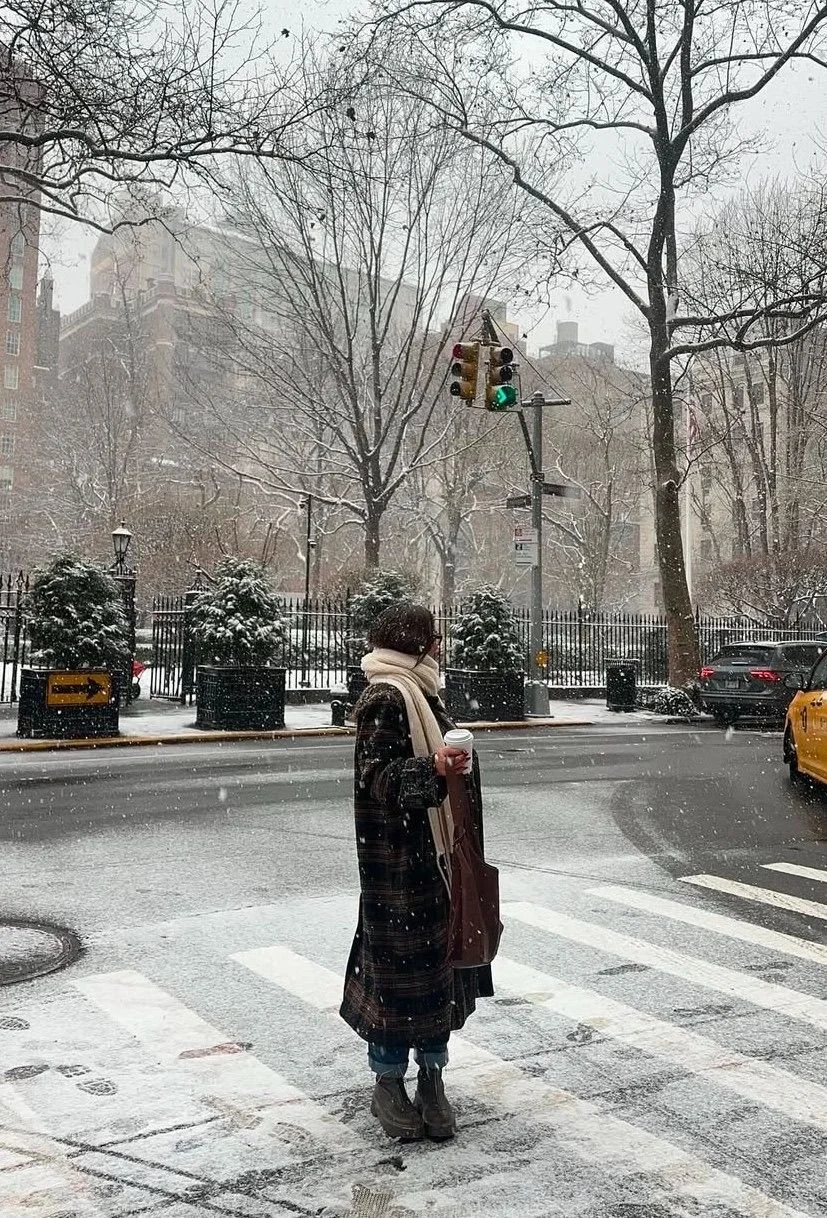How to Enjoy the Outdoors Sustainably This Summer
Spending time outside is one of the best parts of summer. Whether you’re hiking, camping or simply relaxing in a park, it offers a break from screens, schedules and stress. But how you use these spaces matters, and right now, they need your attention.
Understand the Impact
Outdoor spaces across the U.S. are under growing pressure. Climate change is fueling longer wildfire seasons and more unpredictable weather, while trails are overcrowded and litter is a persistent problem. Many national parks are also facing major budget cuts, limiting their ability to maintain infrastructure and protect wildlife.
If you want these places to exist for future generations, you must change how you interact with them now. That means being intentional every time you step outside.
Follow the Basics
Leaving no trace isn’t just a suggestion. Stay on the designated paths and don’t take anything like rocks, flowers, sticks or antlers from nature. Pick up after yourself, and if you see other trash, pick that up, too.
Use Better Gear
What you bring into the outdoors plays a role in what stays there. Eco-friendly products are designed to conserve resources, protect ecosystems and reduce pollution. Prioritize:
Reusable water bottles and containers over single-use plastics.
Non-toxic, reef-safe sunscreens.
Clothing and gear made from recycled or responsibly sourced materials.
Solar-powered chargers instead of disposable batteries.
These are practical tools that reduce your footprint. They also signal to brands and industries that sustainability isn’t optional.
Travel Smarter
How you get to your outdoor destination matters. If possible:
Use public transport, especially for city parks or well-connected trailheads.
Carpool with friends or family.
Bike or walk when it’s a short distance.
Offset your carbon emissions when flying or driving long distances.
You don’t need to travel far to connect with nature. Sometimes, your local green space is the most sustainable choice.
Buy Less, Borrow More
Before buying new gear, ask yourself if you really need it or if you can rent or borrow instead. Many outdoor shops now offer rental programs for tents, backpacks and kayaks. The fewer new products you consume, the fewer resources you deplete and the more money you save.
Respect Fire Risk Zones
Fire danger is no longer seasonal — it’s year-round in many areas. Almost 85% of wildfires in the U.S. are from human activity. Before building a campfire, check local fire regulations and risk levels.
In some regions, even a spark from a stove or cigarette can start a wildfire. Use portable stoves for cooking and avoid fires unless permitted and strictly controlled.
Support Local Conservation Efforts
Give back to the places you visit. Volunteer with trail maintenance crews, donate to park foundations or participate in local cleanup events. Even a few hours a year can make a meaningful difference.
Advocate for Public Lands
Don’t underestimate your voice. Call or write to your elected officials and ask them to fund national and state parks, enforce environmental protections, and invest in clean energy and land preservation. Public lands belong to everyone, but they won’t receive protection without public pressure.
The Environment Is a Privilege
The ability to enjoy wild, open spaces is a privilege — one that's under threat from climate change, underfunding and overuse. This summer, enjoy nature, but don’t take it for granted. Sustainability is about doing less and doing better.



